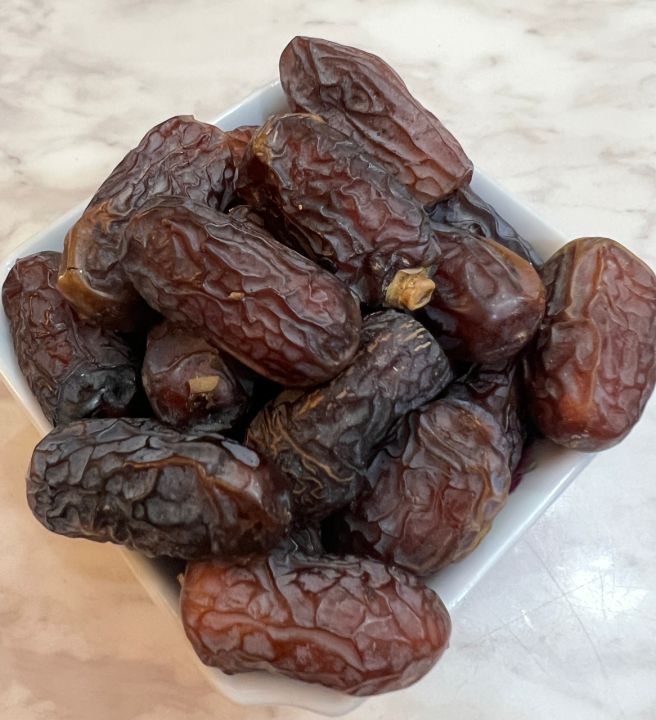
Malaysia’s Date Suppliers and the Trade Balance Equation
Dates, known as kurma in Malaysia, have captivated hearts and taste buds nationwide. But with limited local production, a crucial question arises: who brings these delightful fruits to Malaysia, and do these imports affect the country’s trade balance? This blog post delves into the world of dates supplier in Malaysia, exploring their role and addressing the complex issue of date imports’ impact on the trade balance.
The Unsung Heroes: Unveiling Malaysia’s Date Suppliers
Before indulging in delicious dates, a vital chain of operations ensures its journey from farm to table. Here’s where date suppliers, the silent partners, come into play:
Sourcing Expertise: These suppliers establish strong relationships with date producers in established regions like the Middle East and North Africa. Their expertise allows them to source a wide variety of date varieties catering to diverse consumer preferences in Malaysia.
Ensuring Quality: Maintaining consistent quality is paramount. Date suppliers work closely with producers to ensure dates meet international food safety standards. This involves careful selection, inspection processes, and proper storage and transportation methods.
Meeting Demand and Seasonality: Dates are a seasonal fruit. Date suppliers strategically manage their inventory and import schedules to bridge the gap between international harvests and ensure a year-round supply for Malaysian consumers.
Distribution Networks: These suppliers establish efficient distribution networks to deliver dates to retailers, wholesalers, and even directly to consumers through online platforms. This ensures accessibility and affordability for Malaysians across the country.
Balancing the Scales: Date Imports and the Trade Balance
The impact of date imports on Malaysia’s trade balance, which measures the difference between a country’s exports and imports, is a topic of debate:
Potential Drawbacks: Increased date imports can lead to a trade deficit if the value of imported dates outweighs Malaysia’s exports of other goods and services. This can put pressure on the Malaysian Ringgit (MYR).
Positive Contributions: Date imports can also contribute positively to the trade balance. The influx of dates potentially stimulates related industries, such as retail and food service. Additionally, increased economic activity associated with dates can generate tax revenue for the government.
A Complex Equation: The impact of date imports on the trade balance is not a simple calculation. It depends on various factors like the total value of imports and exports, date prices, and the overall health of the Malaysian economy.
A Sweet Future: Sustainable Practices and Trade Balance Solutions
As Malaysia’s love affair with dates continues, finding sustainable solutions is crucial:
Supporting Local Initiatives: While imports dominate the market, some are exploring the potential for local date cultivation in Malaysia. This long-term strategy could reduce reliance on imports and improve the trade balance.
Diversifying Exports: Efforts to strengthen Malaysia’s export sector in other areas can help offset the impact of date imports and contribute to a more balanced trade picture.
Transparency and Collaboration: Open communication and collaboration between policymakers, date suppliers, and consumers are vital to ensure a sustainable future for the Malaysian date industry.
A Sweet Conclusion: The Importance of Date Suppliers
Date suppliers play a pivotal role in Malaysia’s love affair with dates. They ensure a steady supply, cater to diverse preferences, and contribute to the vibrant date culture. While the impact of date imports on the trade balance remains a complex issue, exploring sustainable solutions is key to ensuring a sweet future for all stakeholders.
Key Highlights:
- Date suppliers in Malaysia are crucial players, sourcing high-quality dates and ensuring year-round availability.
- The impact of date imports on the trade balance is a complex issue with both potential drawbacks and positive contributions.
- Supporting local initiatives, diversifying exports, and fostering collaboration are key to creating a sustainable future for dates in Malaysia.